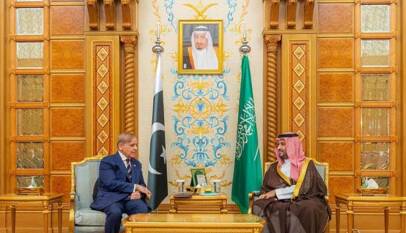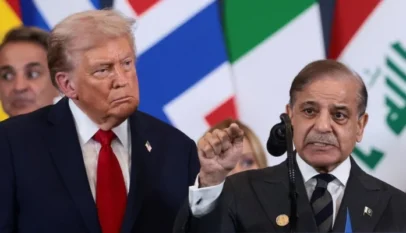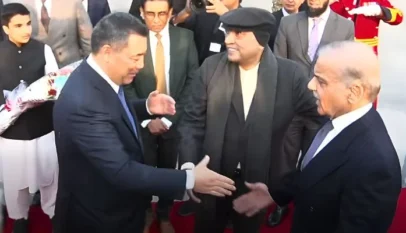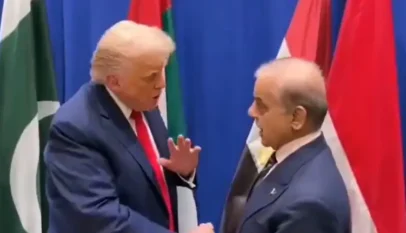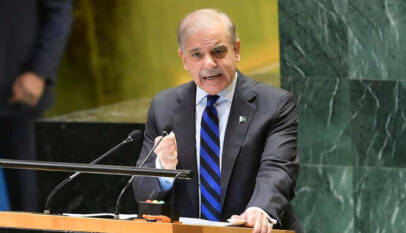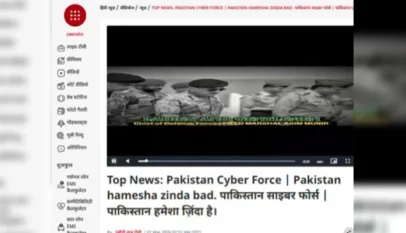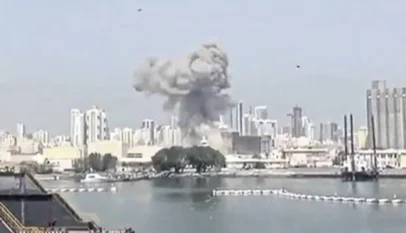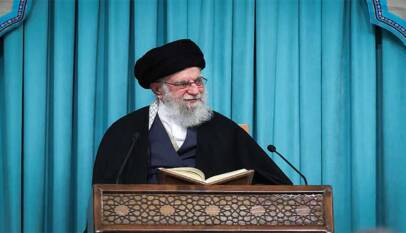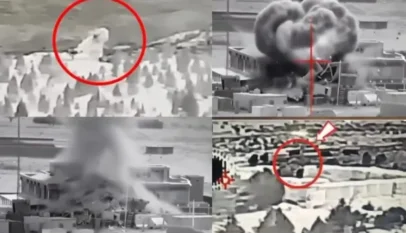
ISLAMABAD (RNN TV) – In response to escalating tensions with India following the Pahalgam incident, Pakistan’s National Security Committee (NSC) is set to hold a high-level emergency meeting today. The session, called by Prime Minister Shehbaz Sharif, will bring together top civil and military leadership to evaluate the internal and external fallout from India’s recent actions.
The meeting comes on the heels of India’s unilateral suspension of the 1960 Indus Waters Treaty (IWT) and the abrupt closure of the Attari-Wagah border. These moves have drawn strong condemnation from Islamabad, with officials labelling the steps as reckless and unjustified escalations.
Focus on Diplomatic and Strategic Repercussions
According to a statement from the Prime Minister’s Office, the NSC will assess Pakistan’s strategic response to India’s decisions, including the controversial halting of the Indus Waters Treaty. Defense Minister Khawaja Muhammad Asif criticized New Delhi’s actions, stating that “India cannot unilaterally revoke a multilateral treaty.” He stressed that the treaty, brokered in 1960 with World Bank involvement, cannot be dissolved by one party alone.
Asif also highlighted growing concerns within Pakistan over what he termed a “false flag operation” in Pahalgam, raising suspicions of Indian intelligence involvement. He described the incident as part of a broader pattern of provocations aimed at isolating Pakistan diplomatically and intensifying pressure through unilateral actions.
A Calculated, Firm Response in the Works
Drawing parallels with the 2019 Abhinandan Varthaman episode, Asif affirmed Pakistan’s preparedness to respond decisively if the situation escalates. “Just as we acted firmly in the past, we are prepared to protect our national sovereignty again,” he said.
The defense minister also noted that India had been considering terminating the treaty for years. “India has harboured intentions to walk away from the IWT, but such a move carries serious consequences,” he warned.
Expulsions, Visa Suspensions Deepen Diplomatic Crisis
India’s recent decisions extend beyond water diplomacy. In a sweeping diplomatic move, New Delhi has cancelled all visas issued to Pakistani nationals, expelled Pakistani diplomatic personnel — including military attachés — and ordered the Pakistan High Commission to vacate the country within a week. The Attari-Wagah border has also been sealed until further notice.
India’s Ministry of External Affairs stated the measures are in response to alleged Pakistani involvement in cross-border terrorism, and insisted that the IWT suspension would remain in effect until Islamabad provides verifiable assurances against militant activity.
Pakistan Emphasizes International Law, Seeks Strategic Dialogue
Despite the heated exchanges, diplomatic sources indicate that Pakistan remains open to dialogue but will not compromise on core national interests. “We are committed to a strategic and lawful response,” said Asif, adding that Pakistan seeks to avoid rash decisions while ensuring a firm stance on national sovereignty.
The Prime Minister’s Office reiterated that the government would not be pressured into submission. “The security and sovereignty of Pakistan are non-negotiable. All necessary measures will be taken to defend the nation’s interests,” the statement read.
In a rare show of political unity, all major parties across Pakistan have voiced support for the government’s stance. The convening of the NSC today reflects a united front on national security, as Pakistan prepares to navigate a potentially volatile diplomatic landscape.
Source: Web Desk
Indian News channel hacked, pro-Pakistan content broadcast briefly
(Web Desk) — Indian television channel ABP News was temporarily disrupted after hack…

